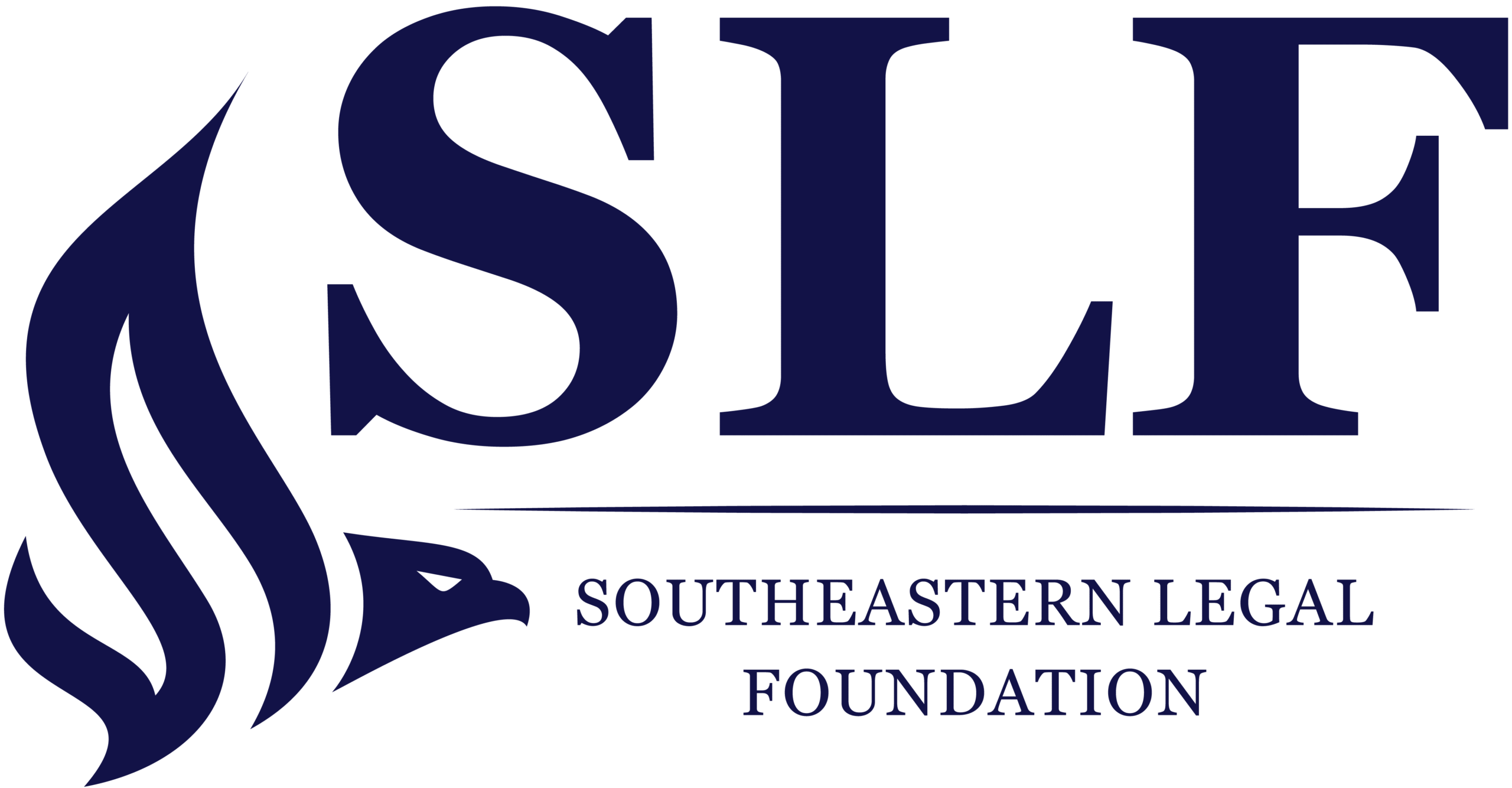Southeastern Legal Foundation (SLF), Manhattan Institute, Mountain States Legal Foundation, and the Bader Family Foundation filed an amicus brief with the United States Supreme Court urging it to hear a lawyer’s case against one of Pennsylvania’s legal ethics rules. The rule prohibits lawyers from engaging in “harassment” on the basis of race, sex, religion, sexual orientation, and gender identity, among other categories, which is defined to include speech that “denigrates” or “shows hostility or aversion toward a person.”
As SLF and amici explain in their brief, Pennsylvania’s definition for harassment falls far short of any legal definition, which usually requires, at a minimum, a showing that speech in the workplace is “severe or pervasive.” This legal standard ensures that a speaker does not get punished for engaging in protected speech—even speech that is offensive to some.
Read More
Under Pennsylvania’s standard, even a single stray comment could subject a lawyer to investigation and discipline. All the accuser must show is that it demonstrated an “aversion” toward a person or “denigrated” them.
SLF and amici warn that this will lead to First Amendment violations because lawyers will be punished for the views they express and the content of their speech. Additionally, the vague and overbroad nature of the state rules will create a chilling effect on speech. Lawyers will be forced to guess whether a comment will subject them to the rule; if they guess incorrectly, they will face sanctions. Instead, it will be preferable to self-censor altogether, which would be an unconstitutional restriction on their speech.
